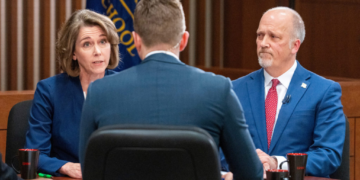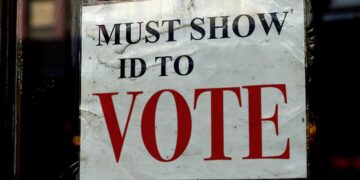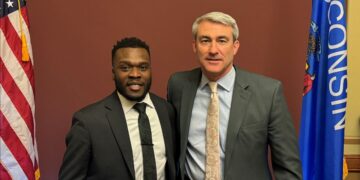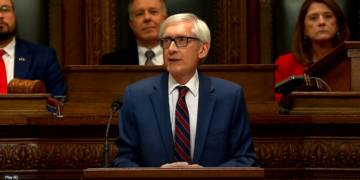Commitment to Educational Choice
President Trump’s advocacy for school choice places a priority on educational freedom, offering parents the flexibility to choose from public, private, or religious schools. During the campaign, he has applauded states like Arizona, Arkansas, Florida, Iowa, Ohio, Oklahoma, Utah, and West Virginia for leading the way with state-level school choice initiatives, promising to collaborate with other states and Congress to expand these options universally.
School Accountability
Supporters argue that school choice promotes accountability and raises standards across educational institutions. A report by the Heritage Foundation highlights that school choice fosters a “feedback loop” within education—a level of responsiveness often missing in more centralized, traditional district school systems. By allowing families to “vote with their feet,” schools must continuously meet families’ expectations or risk losing students, creating a natural mechanism for quality improvement.
The Educational Choice for Children Act (ECCA)
Adding to these efforts, the Educational Choice for Children Act (ECCA) could expand educational access significantly. This bill, introduced in Congress, proposes a new tax credit for individuals and corporations that contribute to scholarship-granting organizations. These scholarships would be available to K-12 students from households earning up to 300% of the area’s median income and would allow families to select educational options that align best with their children’s needs. The ECCA has the potential to fund scholarships for up to two million students, covering a wide range of expenses such as tuition, tutoring, special needs services, and even homeschooling materials.
Protecting Private School Autonomy
Provisions in the ECCA would protect private school autonomy by preventing federal oversight over scholarship-granting organizations and protecting religious liberty, and government interference over curriculum and disciplinary policies set by private schools.
Positive Outcomes of School Choice
School choice has demonstrated numerous positive outcomes: improved graduation rates, higher parental satisfaction and involvement, and increased test scores in core areas like reading and math. Financially, school choice programs often operate at a lower cost than traditional public schooling, easing taxpayer burdens while encouraging competitive improvement among schools. School safety also plays a significant role in parents’ decisions to seek alternative educational settings. In Milwaukee, for instance, students participating in school choice programs were found to be half as likely to commit felonies and misdemeanors compared to their peers in public schools, showcasing the program’s impact on behavioral outcomes.
Reinvigorated School Choice Advocacy
Trump’s victory has reinvigorated school choice advocates at the federal level, with a prime objective of securing tax credits for donations to organizations that offer private school scholarships. These credits could open new doors for families who previously viewed private schooling as unattainable. Presently, private school choice programs like vouchers, education savings accounts, and tax-credit scholarships have gained traction across nearly three dozen states, with universal school choice becoming a priority in a dozen.





























